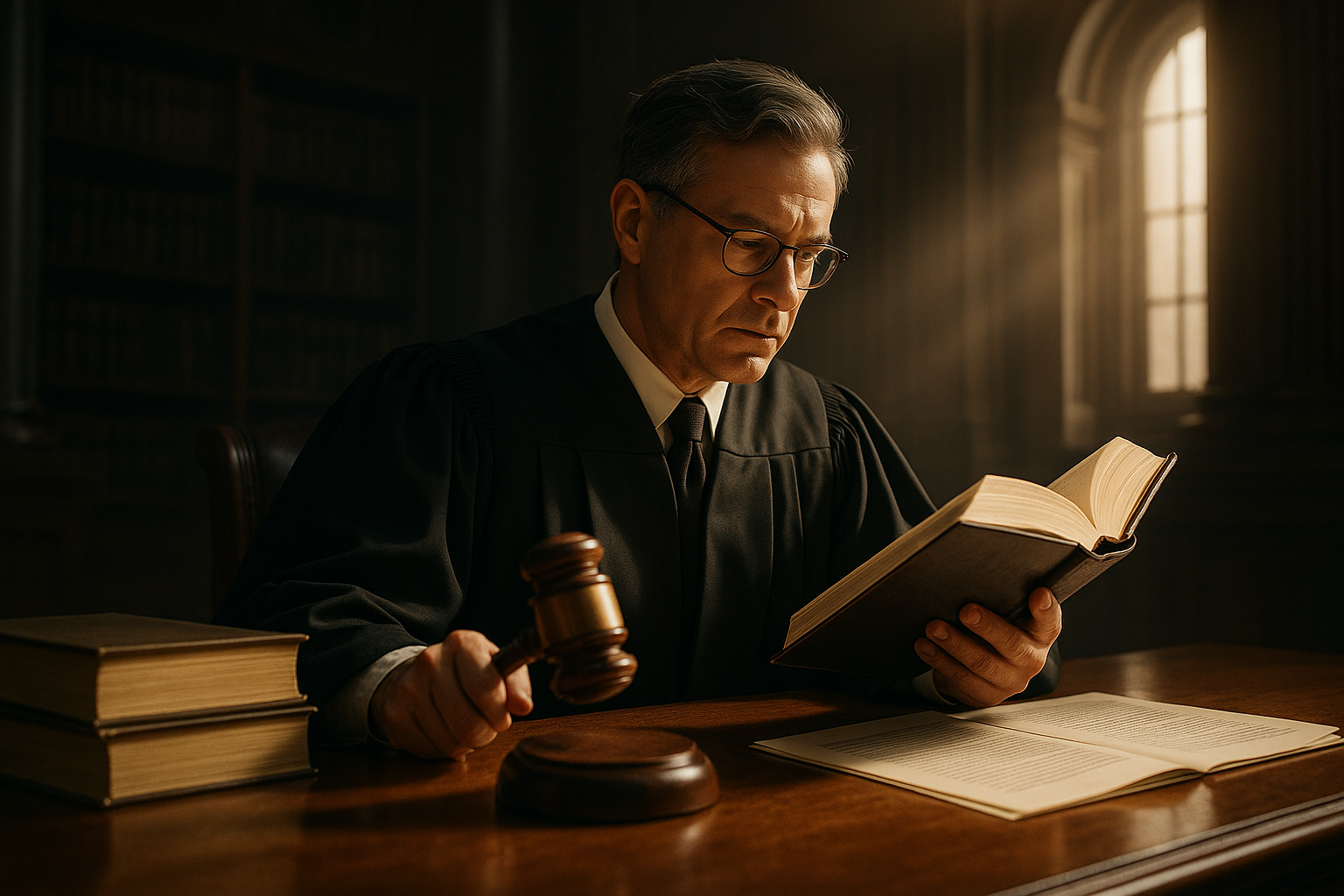"Shining Light on the Role of Legal Precedents in Modern Jurisprudence"
The landscape of modern jurisprudence is a complex tapestry, woven with threads of legal precedents. Precedents play a pivotal role in shaping the legal framework of a society, providing stability, predictability, and a sense of justice. This article delves into the intricate world of legal precedents, tracing its historical development, and discussing its current significance and societal implications.

Historical Context of Legal Precedents
Legal precedents, also known as case laws or judge-made laws, have been an integral part of the common law legal system since medieval times. The principle of stare decisis, Latin for “to stand by things decided”, underpins the concept of legal precedent. It implies that courts should adhere to previous decisions, ensuring consistency and fairness in the legal system. Over centuries, precedents have molded and refined laws, responding to societal changes and evolving legal philosophies.
The Weight of Precedents in Modern Jurisprudence
Today, legal precedents hold a significant place in modern jurisprudence. They provide guidance to judges, offering a roadmap for interpreting and applying laws. Precedents ensure continuity, allowing the legal system to build on past decisions instead of starting afresh with each case. This helps create a stable legal environment, promoting public faith in the justice system.
Current Legal Updates and Legislative Changes
While the core principle of precedents remains unchanged, its application undergoes continuous modifications. Recent legislative reforms in various jurisdictions aim to strike a balance between the rigidity of strict adherence to precedents and the need for legal evolution. Some jurisdictions have introduced guidelines to determine when lower courts may deviate from higher court precedents, infusing flexibility into the system.
Societal Impact and Implications of Legal Precedents
Legal precedents significantly impact society. They shape public policy, influence social norms, and can even trigger legislative changes. For instance, landmark rulings on civil rights issues have often spurred social movements and legislative reforms. However, precedents can also be a double-edged sword. While they provide stability, excessive reliance on past decisions can hinder legal progression and adaptation to societal changes.
Navigating the Future: Legal Precedents and Progressive Jurisprudence
As we move forward, the role of legal precedents in progressive jurisprudence becomes increasingly critical. Courts must judiciously use precedents, maintaining a fine balance between preserving legal continuity and facilitating legal evolution. It is also essential for legal professionals and the public to understand the significance of precedents, enhancing their engagement with the justice system.
In conclusion, legal precedents are a cornerstone of modern jurisprudence, shaping laws and influencing societal norms. As the legal landscape continues to evolve, the role of precedents also transforms, reflecting the dynamic nature of law and society.




